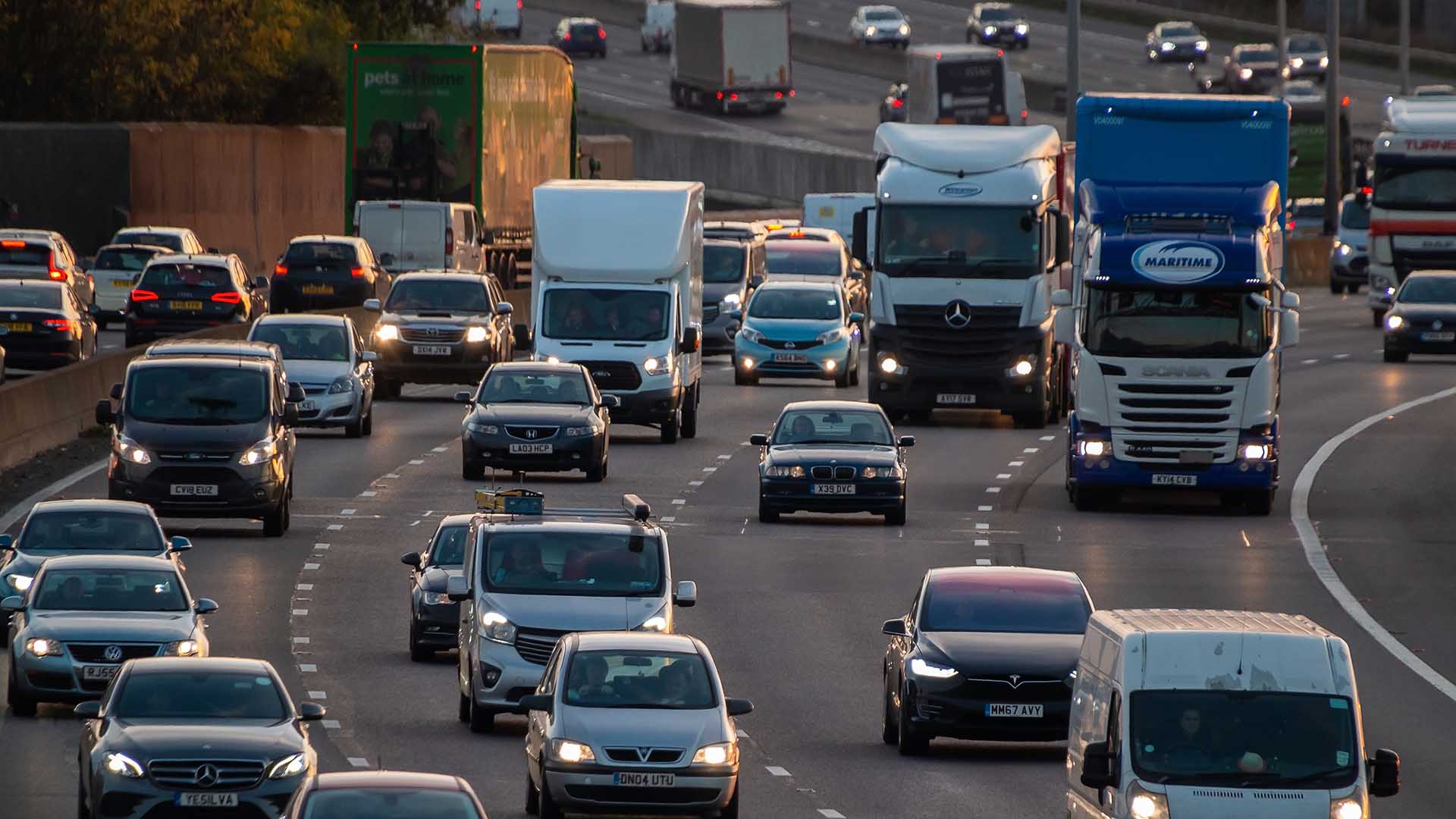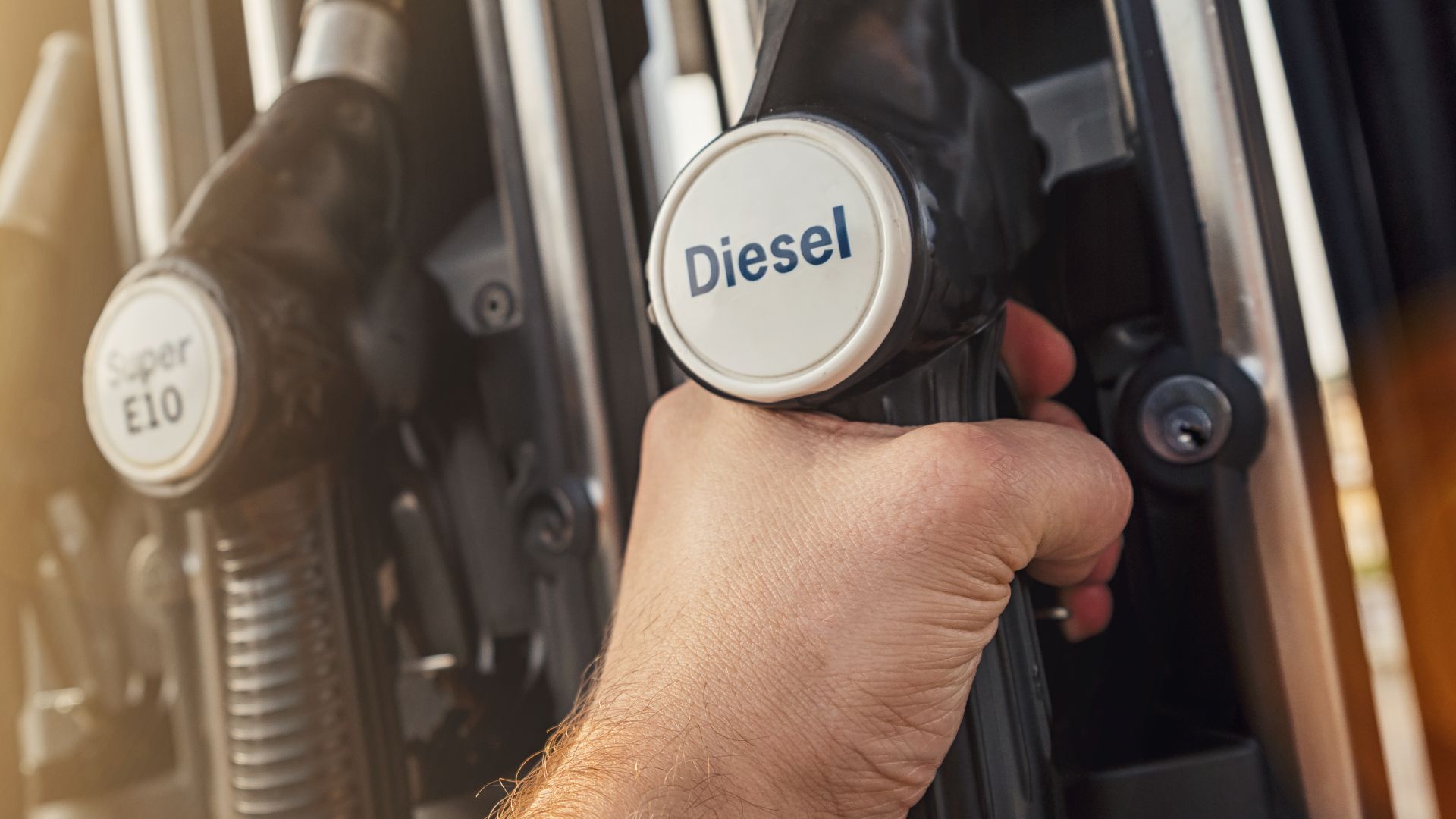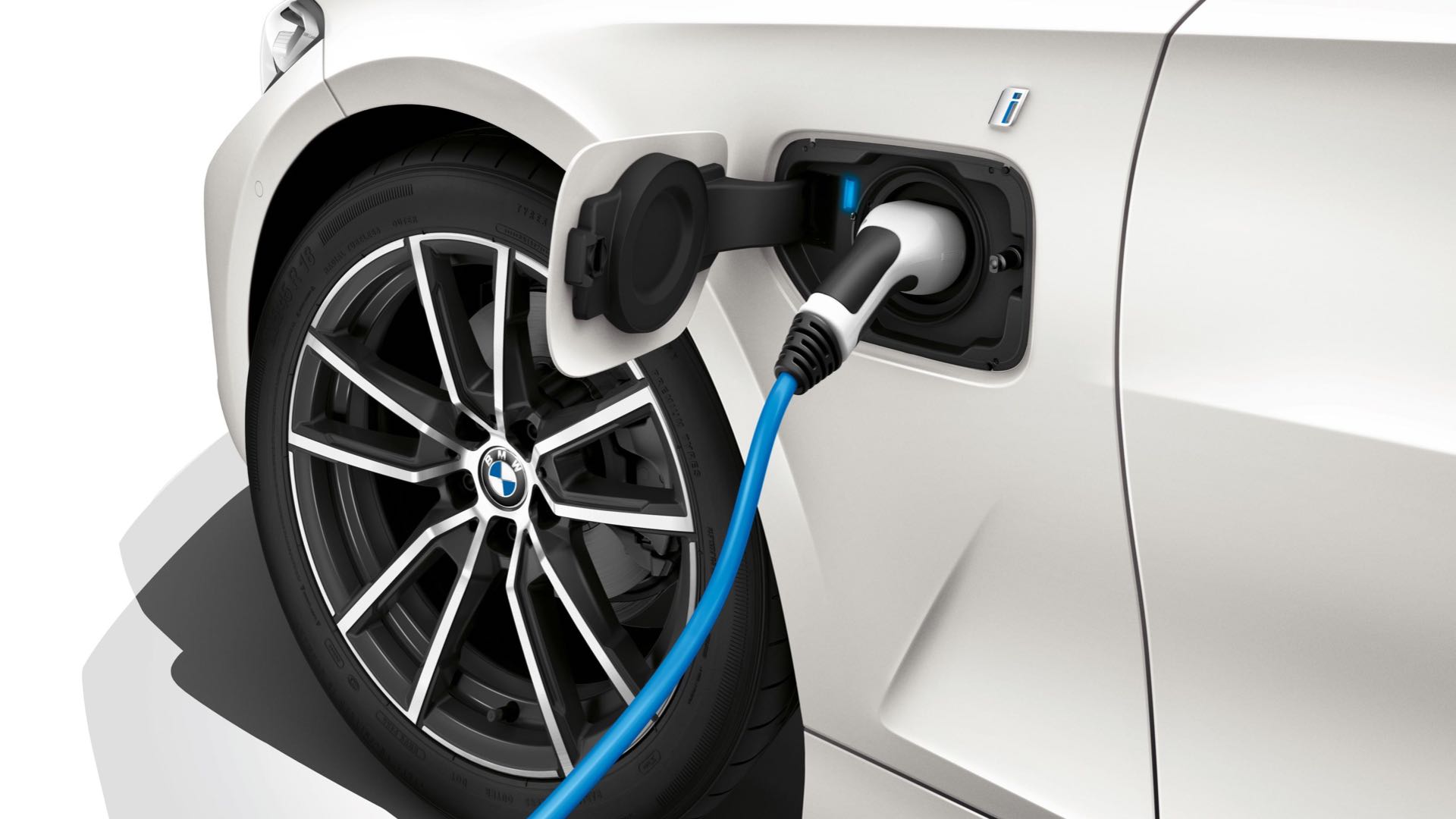
The government has launched a consultation on plans to bring forward the ban on petrol and diesel cars to 2035.
A ban on the sales of new petrol and diesel cars was expected to come into force in 2040. Earlier this month, it was reported that this ban could be brought forward – and would include hybrids and plug-in hybrids.
In an online document, the government said that a ban ‘could be earlier if a faster transition appears feasible’. There are rumours of a 2030 deadline, although much will depend on the results of the consultation.
The government says it is seeking views on the following:
- The phase-out date
- The definition of what should be phased out
- Barriers to achieving the above proposals
- The impact of these ambitions on different sectors of industry and society
- What measures are required by government and others to achieve the earlier phase out date
‘Confusion and instability’

The industry is calling for clarity. In response to the recently announced 7.3 percent fall in the UK new car market, Mike Hawes, chief executive of the Society of Motor Manufacturers and Traders (SMMT), said: “The new car market is a key driver of the UK’s overall economy, so another month of decline is unsettling.
“Consumer confidence is not returning to the market and will not be helped by government’s decision to add further confusion and instability by moving the goalposts on the end of sale of internal combustion engine cars.
“While ambition is understandable, as we must address climate change and air quality concerns, blanket bans do not help short-term consumer confidence. To be successful, government must lead the transition with an extensive and appropriately funded package of fiscal incentives, policies and investment to drive demand. We want to deliver air quality and environmental improvements now but need a strong market to do so.”
Consultation open until 29 May

The SMMT is demanding an extension to the Plug-in Car Grant (PiCG), which is set to expire in March, arguing that it should be widened to include plug-in hybrid vehicles.
It also wants to see what it calls ‘an extensive package of government support’ for consumers, manufacturers and the charging network.
Consumers have until the end of 29 May 2020 to have their say on the date of the proposed ban. Details of where to send comments can be found here.